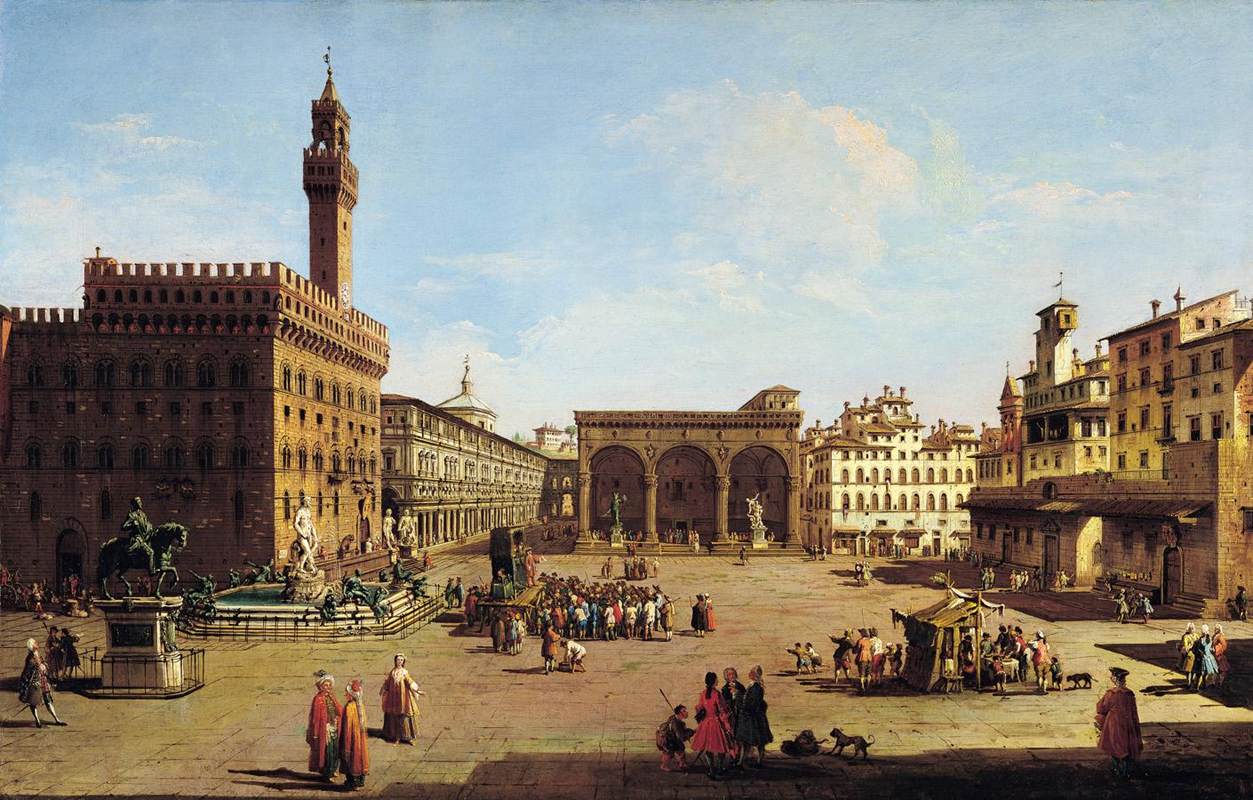
Night of 21st-22nd July 1941
Similarities between Germany and Italy—Dante and Luther—Delightful Italian towns—Rome and Paris.
Luther had the merit of rising against the Pope and the organisation of the Church. It was the first of the great revolutions.
And thanks to his translation of the Bible, Luther replaced our dialects by the great German language! It’s remarkable to observe the resemblances between the evolution of Germany and that of Italy. The creators of the language, Dante and Luther, rose against the oecumenical desires of the papacy. Each of the two nations was led to unity, against the dynastic interests, by one man. They achieved their unity against the will of the Pope.
The Italian people’s musical sense, its liking for harmonious proportions, the beauty of its race! The Renaissance was the dawn of a new era, in which Aryan man found himself anew. There’s also our own past on Italian soil. A man who is indifferent to history is a man without hearing, without sight.
Such a man can live, of course—but what a life? The magic of Florence and Rome, of Ravenna, Siena, Perugia! Tuscany and Umbria, how lovely they are! The smallest palazzo in Florence or Rome is worth more than all Windsor Castle. If the English destroy anything in Florence or Rome, it will be a crime.

I’ve seen Rome and Paris, and I must say that Paris, with the exception of the Arc de Triomphe, has nothing on the scale of the Coliseum, or the Castle of San Angelo, or St. Peter’s. These monuments, which are the product of a collective effort, have ceased to be on the scale of the individual. There’s something queer about the Paris buildings, whether it’s those bull’s-eye windows, so badly proportioned, or those gables that obliterate whole façades. If I compare the Pantheon in Rome with the Pantheon in Paris, what a poor building—and what sculptures! What I saw in Paris has disappeared from my memory: Rome really seized hold of me.
Naples, apart from the castle, might be anywhere in South America. But there’s always the courtyard of the royal palace. What nobility of proportions!
My dearest wish would be to be able to wander about in Italy as an unknown painter.


